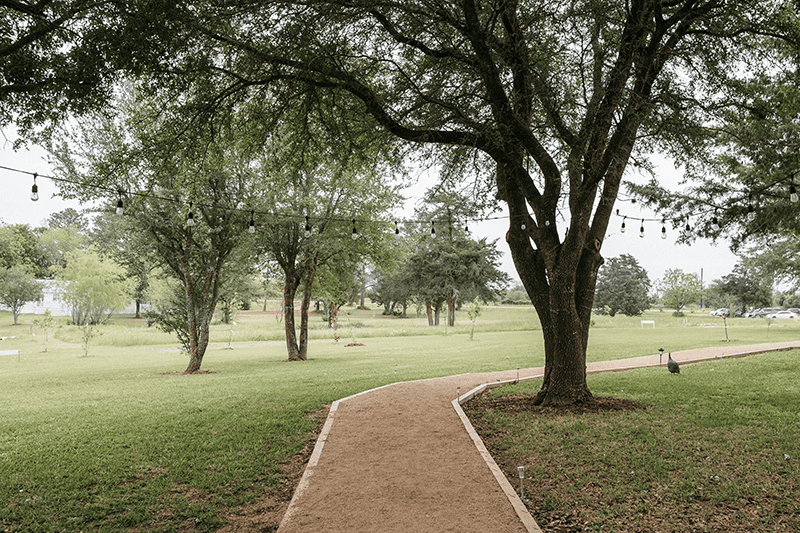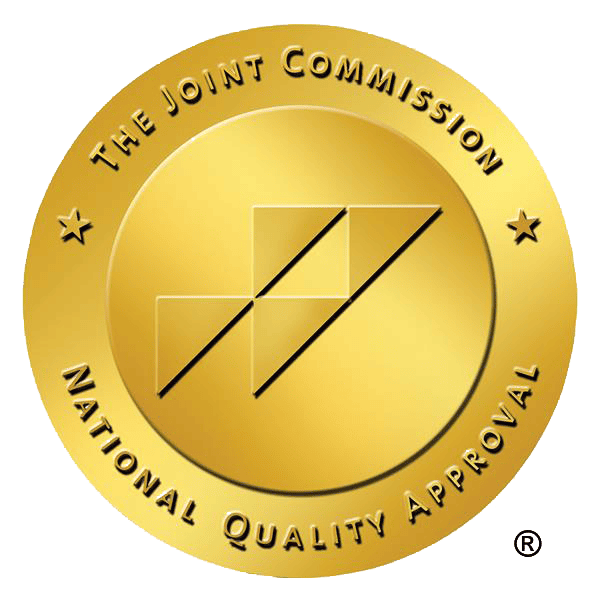Austin Addiction Treatment Programs
When someone is struggling with addiction, seeking help can be one of the hardest things to do. Our Austin addiction treatment programs help those individuals who are struggling to overcome their addiction and begin living a better life in recovery. Those struggling do not have to suffer alone. There is help available.
Overview of Addiction Treatment Programs at Prairie Recovery
Our programs at Prairie Recovery Center help individuals in need of recovery from substance use disorders and addiction. We offer a variety of programs at differing levels of care. That way, we can meet each client where they are in their recovery.
We offer the following addiction recovery programs:
Detox Programs
A detoxification program, or detox, is the first step necessary when trying to overcome addiction. The purpose is to safely remove the substances from the system while being medically and psychologically monitored. Thus, should any complications arise, they can be addressed and treated correctly.
During detox, individuals will receive 24-hour-a-day monitoring. Being medically monitored helps to ensure that an individual safely comes off of whatever substances they use. The methods by which this process is done will vary based on the substance and the amounts being used. Undergoing detox helps to ensure the safety of the individual. This offers the best possible start to a life in recovery from addiction to harmful substances.
It is crucial to note here that detox is not the end of all addiction. It is vital to receive proper continuing care to maintain a life of recovery. After detox, clients are encouraged to continue with one of our comprehensive Austin addiction treatment programs. This can include therapy, group support, and behavioral interventions to address the root causes of addiction.Residential and Inpatient Programs
A residential treatment program usually occurs after detox. At this point, a person is in a mental and physical place to receive proper addiction treatment. Most programs last about 90 days, and clients will live within the treatment facility.
Residential treatment programs often include therapeutic services like cognitive behavioral therapy, trauma therapy, and dialectical behavioral therapy. They also include group therapy settings in which peers are sitting together discussing a topic.
With holistic treatment approaches, treating the person as a whole can be beneficial during a residential. This means addressing the physical, emotional, and psychological aspects of addiction.
Addiction affects all facets of a person and to achieve recovery and peace, all facets should be addressed and treated. Recovery is possible with the proper care.Partial Hospitalization Program
Partial hospitalization, or PHP, is a level of care that is less intensive than detox and residential. It is a form of outpatient in the sense that you are not in the same area 24 hours per day.
During this time, treatment for drug and alcohol addiction truly begins. Therapy and healing can begin.
During PHP, a person is under the care of professionals. However, it is a little different because during this type of treatment, an individual would go to group and individual therapy during certain hours, and return to a sober living environment after day treatment is completed.
In the sober living environment, there is more free time and a person is able to begin taking care of themselves again. While day treatment is going on, a person will see a medical doctor, as well as a mental health counselor or therapist and participate in group sessions.Intensive Outpatient Program
Intensive outpatient, or IOP, is a lower level of care where a person can participate in group and individual therapies during program hours, then return to normal living once after. This level of care is suitable for those who have stabilized and have learned some of the needed tools to maintain recovery with minimal supervision.
An IOP program usually is available after detox and residential as well as a PHP have been completed. During IOP, a person will go to the treatment facility during designated hours. They will participate in group and individual therapy, usually about 3-4 hours per day a few times a week.
After program hours, the person will then return to everyday living. This can include family duties, extracurricular activities, and work. At this point in recovery, they have the tools to handle life stressors without turning to drugs and alcohol as a means of coping.Peer Support and Recovery Programs
As part of our programs at Prairie Recovery Center, we offer multiple options for inclusive peer support. This allows each person to choose what works best for them and their recovery path. It is important to know that recovery isn’t linear and that different people heal and recover in different ways. However, the common goal of recovery from addiction is an important factor in all of these programs.
12-Step Programs
The 12 steps began with the Big Book of Alcoholics Anonymous. Here the steps are laid for an individual to go through and work, traditionally with a sponsor, to maintain recovery. It is a peer-led community in which the common goal is to maintain recovery from addiction to harmful substances. The process of working the steps has the purpose of addressing the physical, mental, and spiritual parts of a person seeking recovery.
Twelve-step recovery programs have been a cornerstone of addiction treatment for decades. These steps have been adapted for various substance use disorders as well as behavioral addictions. In addition, family support groups, like Al-Anon, also use 12-step models.
Our Austin addiction treatment programs use a modern form of integrating a 12-step program into the lives of clients under our care.Self Management and Recovery Training (SMART) Recovery
SMART recovery is based on the principle of abstinence. The goal of SMART recovery is to change the person’s life from destructive and unhappy to a more positively happy, and constructive life. A life that they are happy to be living so that they do not return to using substances in order to feel a false sense of happiness. The scientific coping skills and methods are meant to empower a person to begin building the life that they want to live.
Using the 4 Points Program, SMART recovery works as a catalyst to produce behavioral change. The 4 Points Program consists of:
- Building and maintaining motivation for change
- Coping with urges to use substances
- Managing thoughts, feelings, and emotions effectively
- Living a balanced, healthy, and positive life
Refuge Recovery
Celebrate Recovery
How We Can Help
We offer a range of programs at Prairie Recovery Center to help those struggling to find different ways of coping and healing. Not only through traditional methods of treatment but also by providing a means of support once traditional treatment in our Addiction recovery programs in Austin, TX is completed.
Austin addiction Treatment Programs
Struggling with addiction can make life extremely difficult. It is a life-altering condition that can harm not only the person struggling, but it can also harm those around them. Healing and recovery are possible. If you or a loved one are struggling with addiction, there is hope. At Prairie Recovery, we offer proven care to those struggling to ensure the best possible start to a life in recovery.
Contact us today and begin a life of recovery through our Austin addiction treatment programs.


